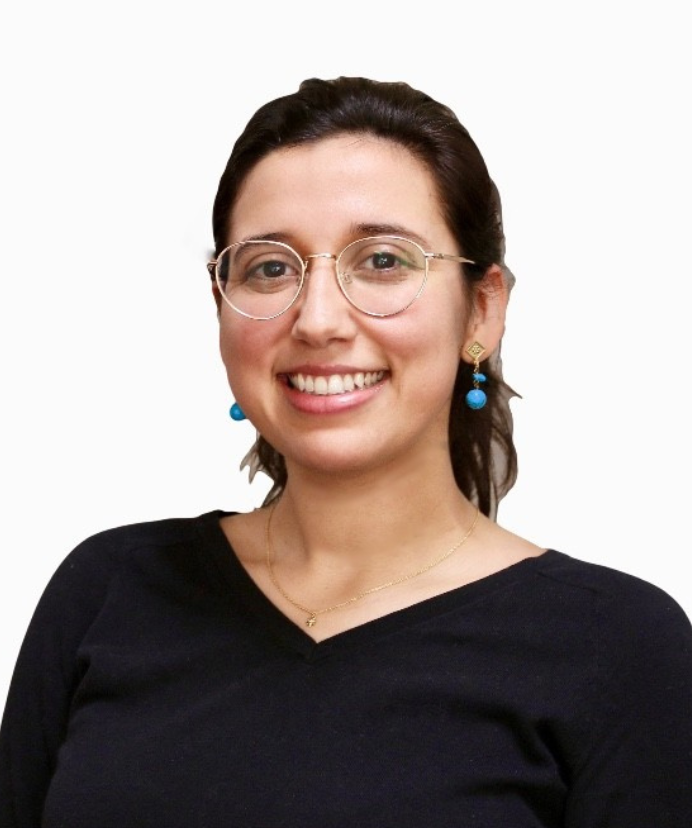Eating Well with Dan Wexler
In an effort to curb food insecurity in the US, EatWell provides affordable, healthy meal kits to families living in Boston's Dorchester neighborhoods.

Read Time: 3 minutes
Published:
Over 37 million Americans live in households that lack the financial resources to access healthy foods according to the US Department of Agriculture (USDA). At least 11 million of the food insecure are children. Healthy eating is complex, dictated by expensive food prices, inconvenient grocery store locations, and even cooking know-how. Dan Wexler started EatWell with a simple concept in mind: provide healthy, nutritious meal kits to families living in food insecure Boston neighborhoods.
Wexler’s vision for EatWell is tied to his background in public health. “One of our core values is to be community-informed,” he told me, “and so we didn’t start designing recipes in the kitchen–we went to communities and farmers markets to figure out what sort of flavors people wanted to be eating, and we tried to incorporate them into a nutritious meal kit.”
Each meal kit comes with all the ingredients needed to make a healthy meal that feeds three people for just $10. Imagine Blue Apron or HelloFresh designed for people who are Supplement Nutrition Assistance Program (SNAP)-eligible and living on a very tight budget. The food in an EatWell meal kit costs roughly $3 per serving compared to Blue Apron’s $8. As a rule, each meal has a cooking time of 30 minutes (including prep). And, because food insecure households may not have a full kitchen of pots and utensils to cook with, each recipe is designed to be cooked in a single pot.
Imagine Blue Apron or HelloFresh designed for people who are Supplement Nutrition Assistance Program (SNAP) eligible and living on a very tight budget.
In the early days of EatWell, Wexler created a map of the Boston area to figure out where people were experiencing the greatest food insecurity. “I drew in all the transportation routes–all of the T stops and major bus routes–and then I drew in all of the grocery stores and health and community centers.” There were two areas that stood out: Mattapan and the Upham’s Corner neighborhood in Dorchester. Neither community has sufficient access to transportation, or affordable, nutritious food. Talking to families in these food insecure communities was important to Wexler. Spending time in these areas was critical to building relationships with residents who could benefit the most from EatWell. Wexler shared a common storyline of community members, “A mom with two kids who takes two bus transfers to get to a grocery store, and even when they’re there it doesn’t mean they have affordable healthy options; produce is often unavailable or prohibitively expensive.”
As EatWell grows, they plan to partner with providers and payers to offer meal kits as a “prescription” to prevent diet-related chronic conditions. “And by doing that, we’re hoping to take the next steps in the ‘Food is Medicine’ movement, where providers and insurers prescribe meal kits to folks, because when they go to the doctor, what they really need is to be eating healthier, but they don’t necessarily have the ability–whether because of access or affordability–to get healthy, fresh food.” A partnership with Tufts University and PACE Centers—an all-inclusive healthcare model for seniors—is in the works. The goal is to evaluate the impact EatWell’s meal kits have on behavior change and diet-related clinical metrics–data that could showcase cost-savings for insurers.
For those interested in trying an EatWell meal kit, and living in the Boston area, kits can be found at the Lena Park Community Center in Dorchester every Tuesday from 4-6 PM.
Photo by FOODISM360 on Unsplash



